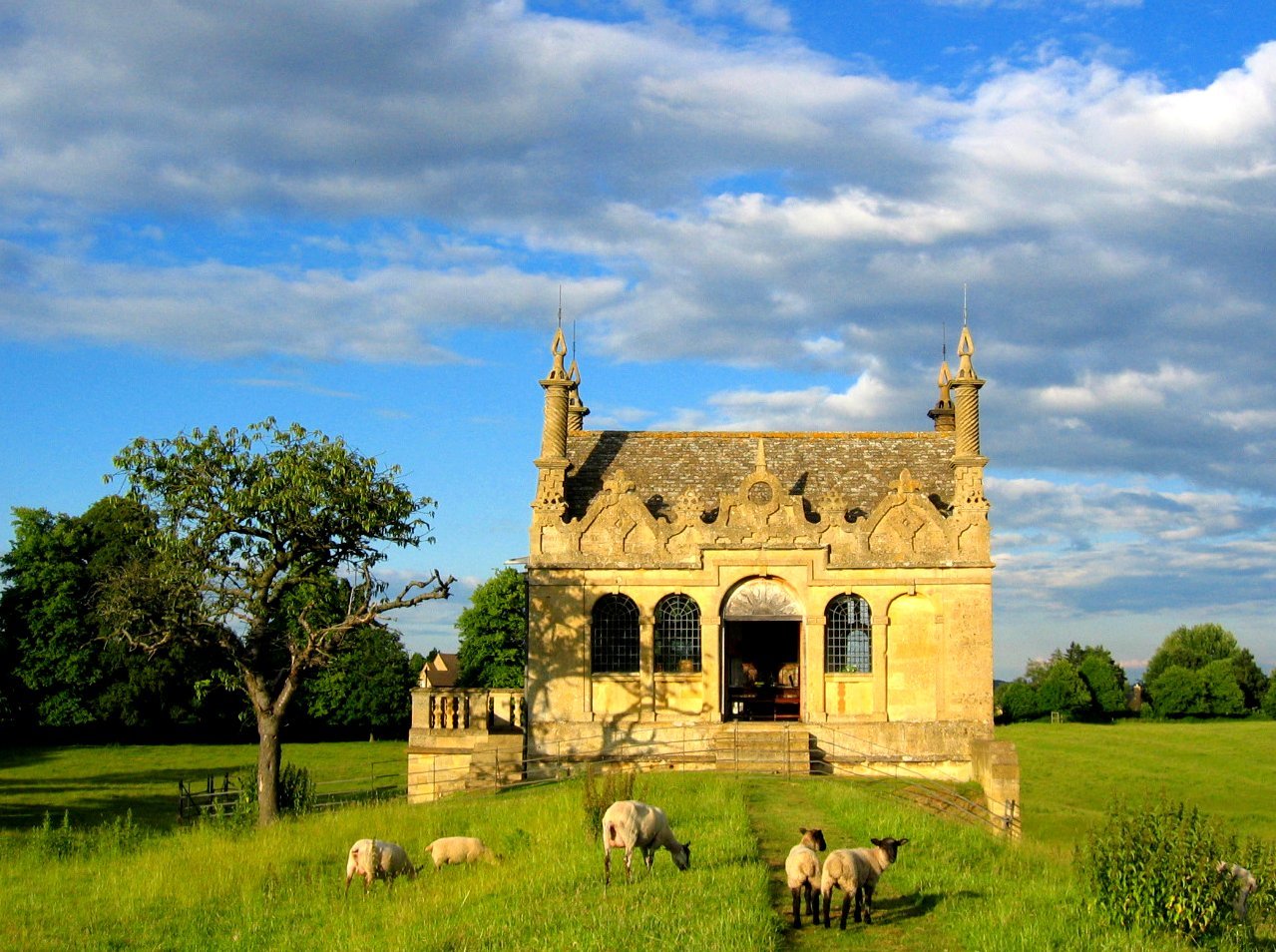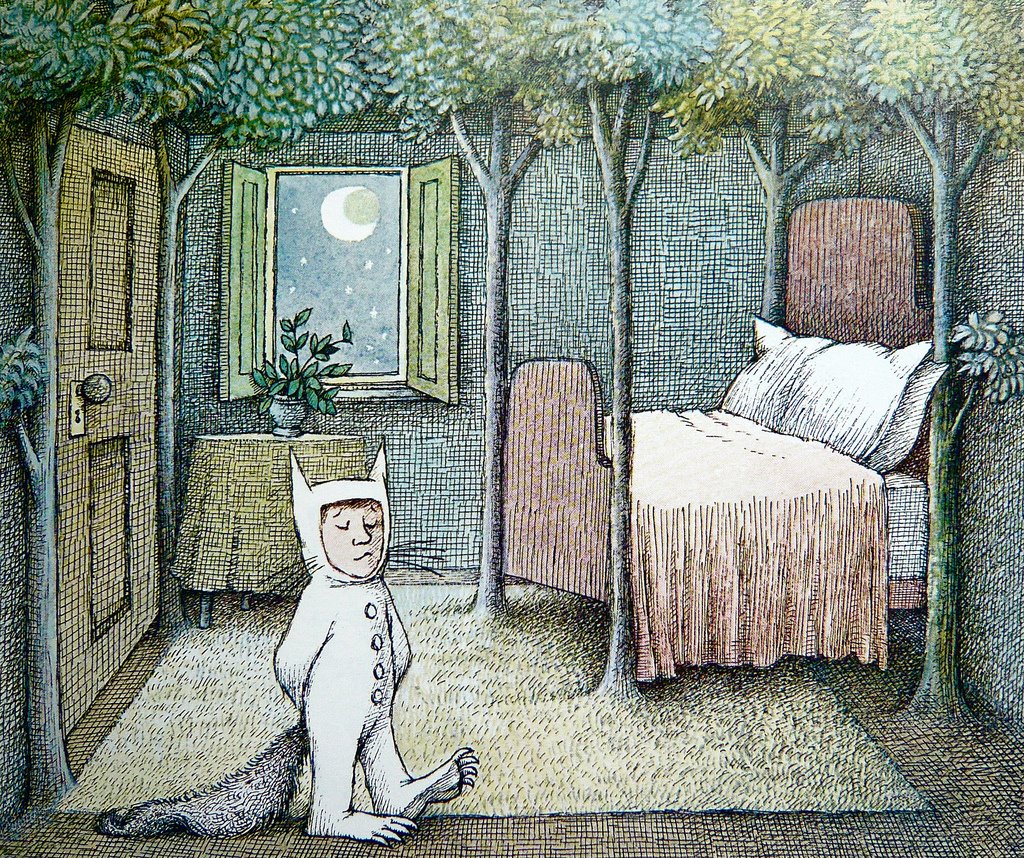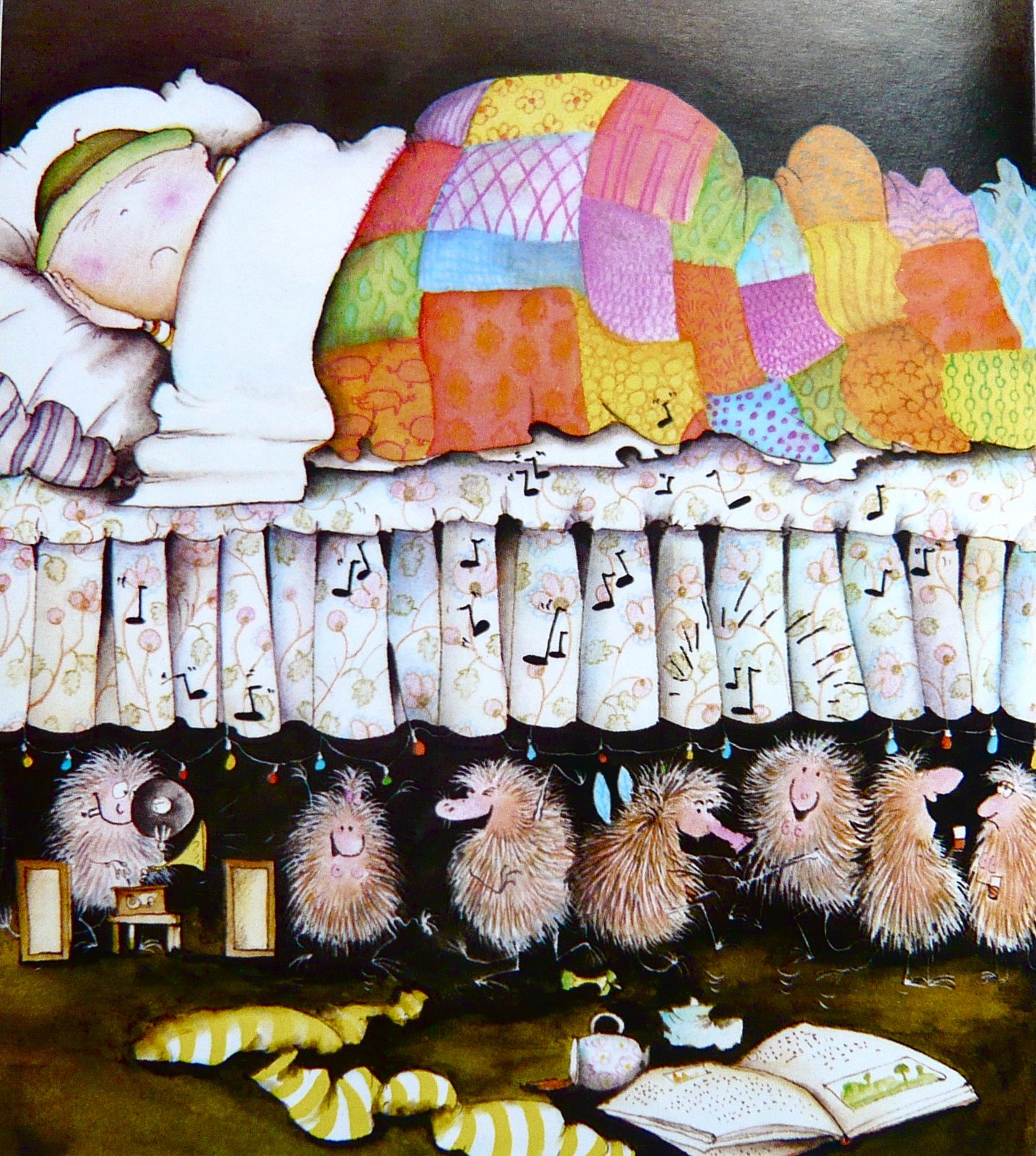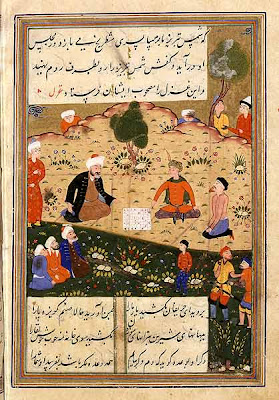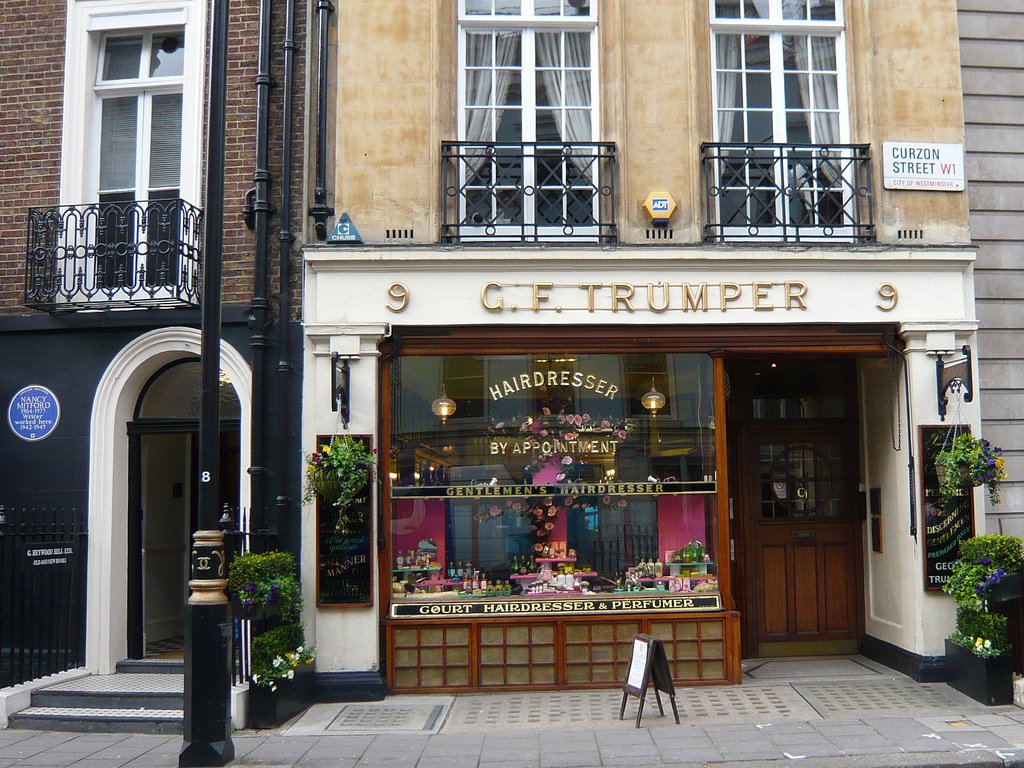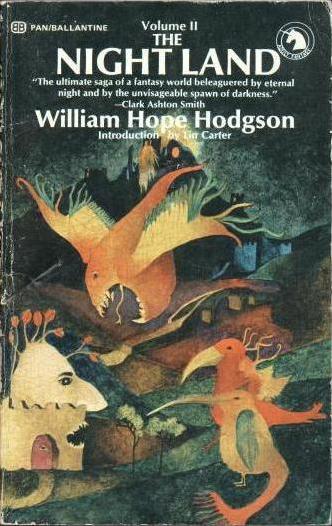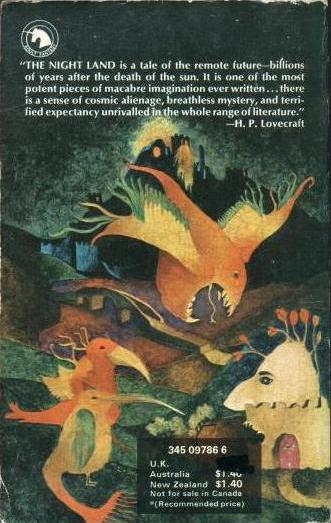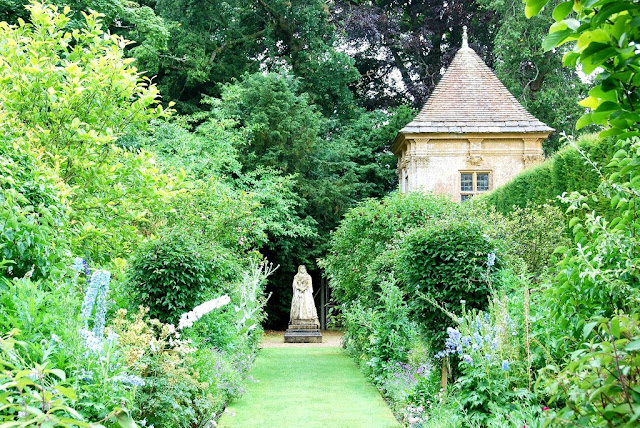
I don't know if
The National Gardens Scheme is replicated in other coutries, but I do know that nothing epitomises the spirit of the British Isles so well.
The piece below by Paul Johnson in the Spectator says most of what there is to say about gardening in England, though he properly concentrates on the relatively
modest gardens that are on show for only a day or two while only alluding to the grander ones - which at the end of the day are equally the expression of one mind's love of nature, but are even more extraordinary in their compass - like the great garden at
Athelhampton which we visited last week.
One of the best ways to appreciate gardens is through the eyes of a good photographer - and my personal favourite is
Nigel Birkett, who kindly puts his photos on Flick for all to see.
'A gardener must be a philosopher but never an atheist'
There is no more English activity than gardening, and it has been so for over a thousand years. Indeed, there were Anglo-Saxon gardens before: traces remain. Gardens grew under castle walls, and were tended by the wives of men who wore chain mail. They took the place of water lilies when the moats were peaceably drained. The first great English essay, written by Francis Bacon early in the 17th century, is ‘Of Gardens’. I have just reread it. It is long, elegant but detailed and full of ripe knowledge, about nature and our intimate relationship with her.
Bacon is particularly good on the scents and smells of a garden which, stirred by faint breezes, he compares, in its coming and going, to the warbling of music. Thus he gives advice on planting accordingly, to create varying odours all the year round. He distinguishes between passive smells, and those you can arouse. Thus: ‘Those which perfume the air most delightfully, not passed by as the rest, but being trodden upon and crushed, are three: that is, burnet, wild-thyme and watermints. Therefore you are to set whole alleys of them, to have the pleasure when you walk or tread.’ Of course, you say, flowers had much stronger scents in that golden age. Not necessarily so: Bacon complains that some flowers which ought to smell gloriously do not, and instances bays, rosemary and sweet marjoram; and he complains that some flowers, once in bloom, expend their scent quickly: ‘Roses, damask and red, are fast flowers of their smell, so that you may walk by a whole row of them, and find nothing of their sweetness; yea, though it be in a morning’s dew.’ The flower, he says, that ‘yields the sweetest smell in the air, is the violet, especially the white double violet’. As true today as when he wrote.
I was thinking of Bacon the other weekend when I went to an open garden day at one of our finest Somerset villages,
Stogumber. There were 15 gardens on display, all within easy walking distance so each could be visited without undue fatigue. It is a noble place, crowded with old houses, kept beautifully painted, and with a pleasing mediaeval church, whose collection of silver vessels was likewise on show. Walking its sleepy lanes, and popping in every few paces to inspect a garden behind its proud cottage, was a rare delight. One sometimes thinks that Old England is gone for good, and looking around parts of London nowadays with its atmosphere of a degraded Levantine bazaar crowded with embittered people, it is hard to deny the malign change. But in West Somerset, on such an occasion, Old England is very much alive: gentle, personal, courteous, smiling, welcoming, anxious to show you what has been created, and explain it.
These small gardens on show at their best time of year are more fun and interesting than the grander affairs. To begin with, each is totally individual, made by one devoted person, or a couple. Then, the creators are there, on the spot, to answer your questions and tell of the experiments, surprises, disappointments and glories of their craft. What is so remarkable is the ingenuity with which each square foot of garden is put to use, to create intensity, variety and contrasts, an air of spaciousness and generosity in an acre or less. I saw nothing repetitive, no horticultural clichés, but on the contrary, originality and imagination, especially in the juxtaposition of colour, shape, size and texture of leaf, as though the gardener was a painter, composing carefully not only for the telling detail but the general effect. And they are quick to tell you of the happy accident, the surprise emergence in due season of an unusual bloom, unexpected but refreshing, and welcome. ‘That was a surprise,’ they say. ‘But then you never know exactly what is going to come up, or what precisely is happening in the winter under the soil.’ Gardening is like raising children, in a way: full of unexpected changes, even shocks; requiring a great deal of patience and love, and willingness to go with nature instead of trying to bend it to your will.
Gardens, especially small ones tended by one person, reflect character, and express aesthetic temperament, even a philosophy of life. I was particularly taken by one delicately composed of pale shades, which put me in mind of Milton’s Lycidas:
Bring the rathe primrose that forsaken dies,
The tufted crow-toe, and pale jessamine,
The white pink, and the pansy freaked with jet,
The glowing violet,
The musk-rose, and the well-attired woodbine,
With cowslips wan that hang the pensive head,
And every flower that sad embroidery wears.
By contrast, there was the blazing border based upon what Bacon calls the ‘French marigold’, but composed of many other fierce orange and yellow blooms, and a few furnace-reds. It sounds a horror but was actually, in its own bold way, a masterpiece of taste and vivacity, as though van Gogh, wisely advised by Fantin-Latour, had designed it in an inspired moment. But as the lady who created it said: ‘Oh, a lot of it was sheer luck, you know. Never happen again, most likely. But then, you don’t want too many repeats in gardening do you? I’m all for changing each year.’
I admired, too, the lady who had created a neat, spruce, serpentine path leading into the heart of her garden, with variegated mosses and plants of many shades of green, punctuating the granite squares — a miniature work of grand art, worthy of Vermeer. Gardens display tidy minds and tempestuous ones, the energies of the adventurous spirit and the cosy conservation of the virtuous one. Odd that Freud took no interest in the gardener’s mind; but then he was a city Herr, all parterres and privets. As well as all kinds of primitive instincts and irrational skills, there is a strong intellectual and spiritual element in raising plants, which both reflects personality and helps to shape it. All gardeners are economists, but of various kinds: expansionists and gradualists, exuberant or cautious. As Keynes said, gardeners can be bulls and bears, too. There is the kind, for instance, who can make perfectionist use of the daisy, recognising the truth of Chaucer’s point in the Prologue to The Legend of Good Women:
That wel by reson men it calle may
The ‘dayesye’ or elles the ‘ye of day’,
The emperice and flour of floures alle.
There is also the kind that makes superb use of contrasting light and dark leaves in shrubs, and multiple shades of green, signs of a subtle, highly observant temperament — what you might call a Dorothy Wordsworth mind.
The Old Testament is full of references to flowers, especially their fragility, their evanescence. Samuel warns: ‘All the increase of thy house shall die in the flower of their age,’ and the Voice in Isaiah says: ‘All flesh is grass, and all the goodliness thereof is as the flower of the field: The grass withereth, the flower fadeth: because the spirit of the Lord bloweth upon it: surely the people is grass.’ Gardeners know this. They perceive that dying is inherent in nature, and so is rebirth and renewal. Gardeners come close to the spirit of life and its creator. They are not wild enthusiasts, but gentle philosophers, and we may be sure that no great gardener is an atheist.'
Paul Johnson - The Spectator


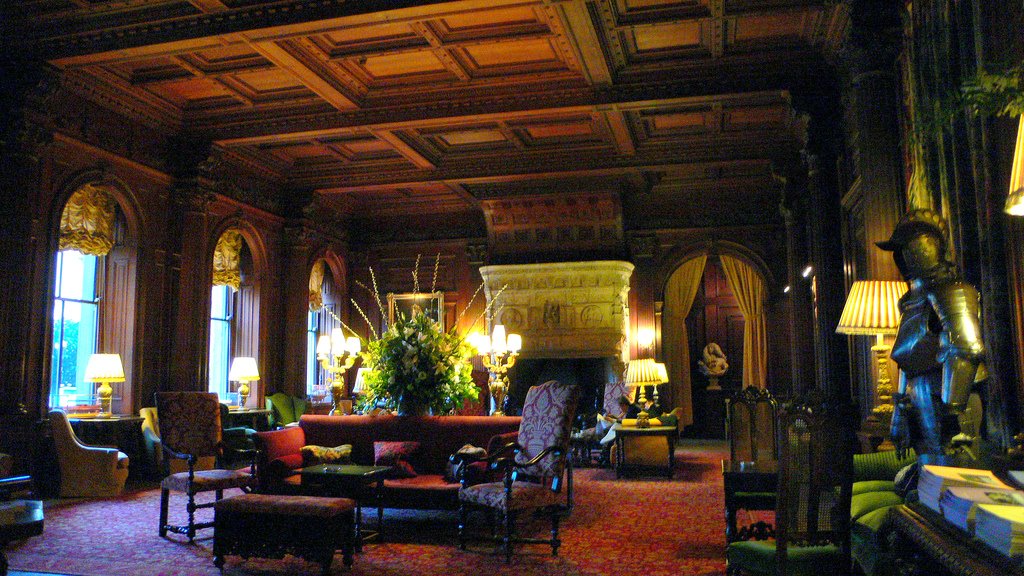
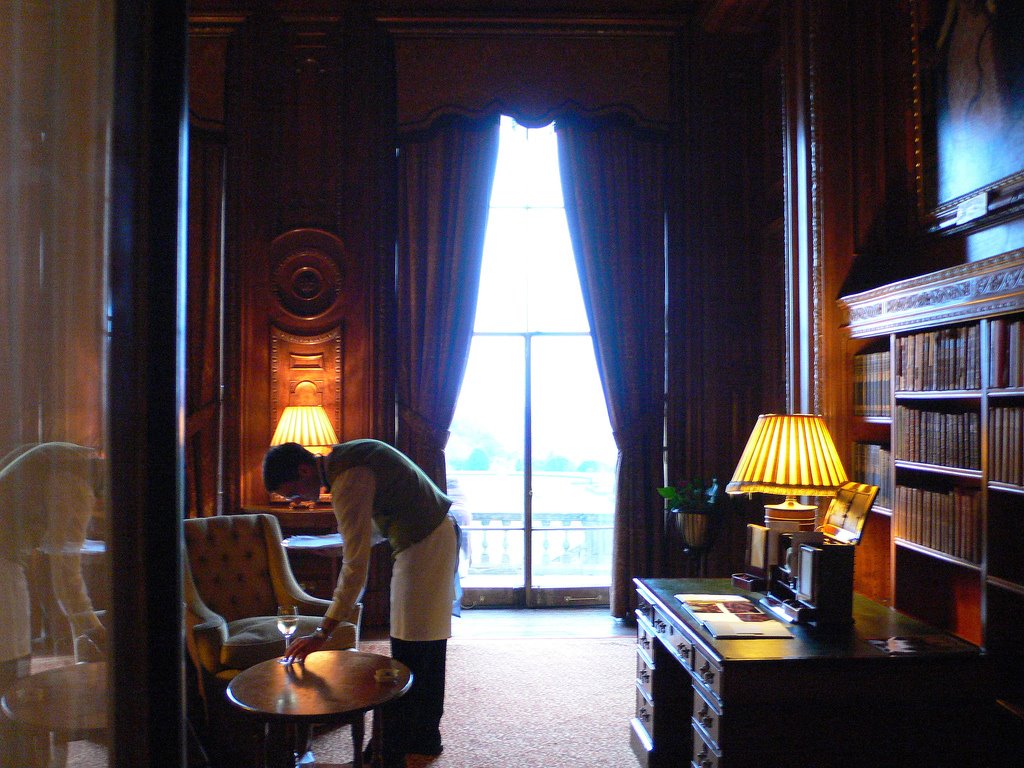

.jpg)
